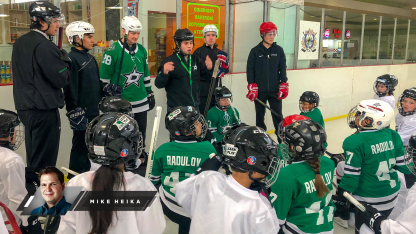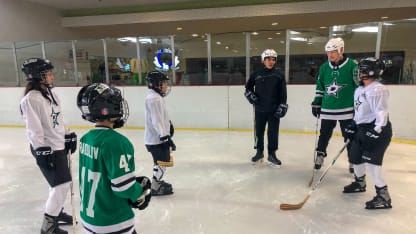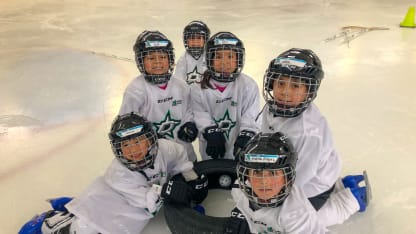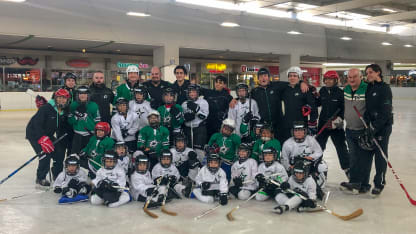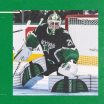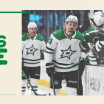The Stars have held Little Rookies programs for years and the NHL has its own Learn to Play initiatives. Basically, young players who have never played get sized for their own equipment, go through one session a week for six weeks where they are taught the game, and then move forward with a chance to find a house league if that suits them. There's a minor participation fee, and that provides an entrée into a sport that's not always easy to try.
"So many sports only require a ball, so then it's easy to try them out as a kid and see if you like them," said Robert Knesaurek, the NHL's Group Vice President, Youth Hockey and Industry Growth. "Hockey is more involved, and we understand that, so we want to help. You can try ball hockey or floor hockey, but we also like the fact that we can get kids on skates, and this program has been great for us."
Knesaurek said the Stars have done a great job of leading the charge and that the league endorsed their venture into Mexico City. To get things started, a group that included Mullins, Damon Boettcher, who is the vice president of StarCenters, and Bob Bassen, who is director of the team's Alumni Association, and Lucas Reid, who is director of amateur hockey and partnership development, traveled down to explain the system.
They spoke with Mexico Federation officials and helped set up the program and how to implement the lessons and find coaches. They also showed how to administrate a program like this on a long-term basis.
"They have good infrastructure there, a lot of very nice facilities that are underused because of the lack of growth in the game so far," Reid said. "The NHL Learn to Play program and our existence there can really help that. They have plans to build 10 new rinks in Mexico City in the next three years, which will help the growth."
